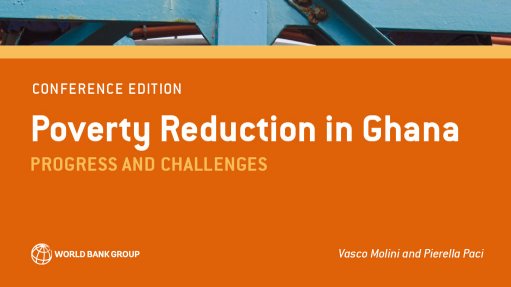
Ghana over the past two decades has enjoyed steady and robust growth, mainly through a modification in its economic structure: as the economy gradually shifted out of agriculture and into services, the country experienced noticeable advances in productivity.
Agriculture's share of value added to GDP has declined at a faster rate since 2005, whereas the share of services has remained virtually unchanged.
Employment has adjusted in line with the changes in the structure of the economy, with a progressive shift from the country side to urban areas. Educational attainment have improved, more people moved into cities and improved their household income, and the number of families living in poverty has noticeably decreased. Going forward, to realise its full potential Ghana must continue the stabilisation programme undertaken in 2014, with a sustained commitment to fiscal discipline.
Additional priorities are to continue developing workers' skills, support further structural transformation, and expand the safety nets and income opportunities for large share of the population still living in poverty.
Report by the World Bank Group